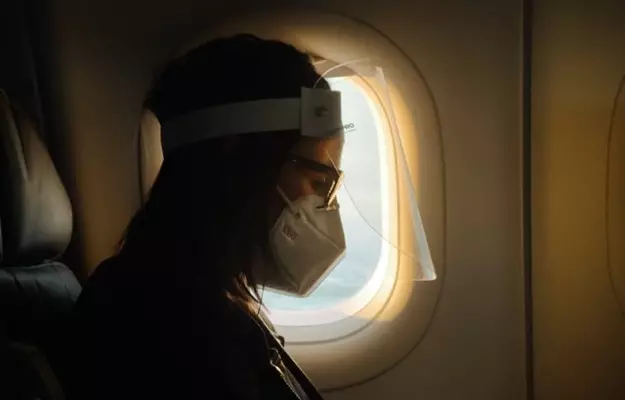India is slowly easing its lockdown restrictions as part of a phased "unlock" plan. A night-time curfew that was in place across the country will go soon. And public spaces such as gymnasiums and fitness centres will reopen from 5 August. Other facets of life are also slowly returning to normal, even though the COVID-19 pandemic is far from over.
One thing that will remain unchanged for a little while longer, though, is the suspension on commercial international flights.
The World Health Organization had declared COVID-19 a global pandemic on 11 March 2020. From 22 March 2020, India halted all international flights except those tasked with repatriating Indian nationals stuck in other countries and foreign nationals who were in India at the time the lockdown was announced (according to government data, some 2,500 flights have been allowed between 22 March and 31 July for this purpose).
On 31 July 2020, India's aviation regulator Director General of Civil Aviation suspended commercial flights from and to India till 31 August 2020. That said, all-cargo flights and flights with permission from the DGCA will be allowed to land and take-off from Indian airports for foreign destinations.
On the same day, 31 July 2020, the World Health Organization issued new considerations for international travel. The reason: as the global business community tries to re-emerge from the economic wreckage caused by this outbreak, some amount of international travel will be necessary.
Read more: COVID-19 timeline
Indeed, some countries are beginning to lift restrictions such as a blanket ban on flights and international travel. The WHO's recommendations are an effort to put forth some points to consider before the governments of various countries reopen international travel. Here are some of the critical components of the WHO's set of directions:












































